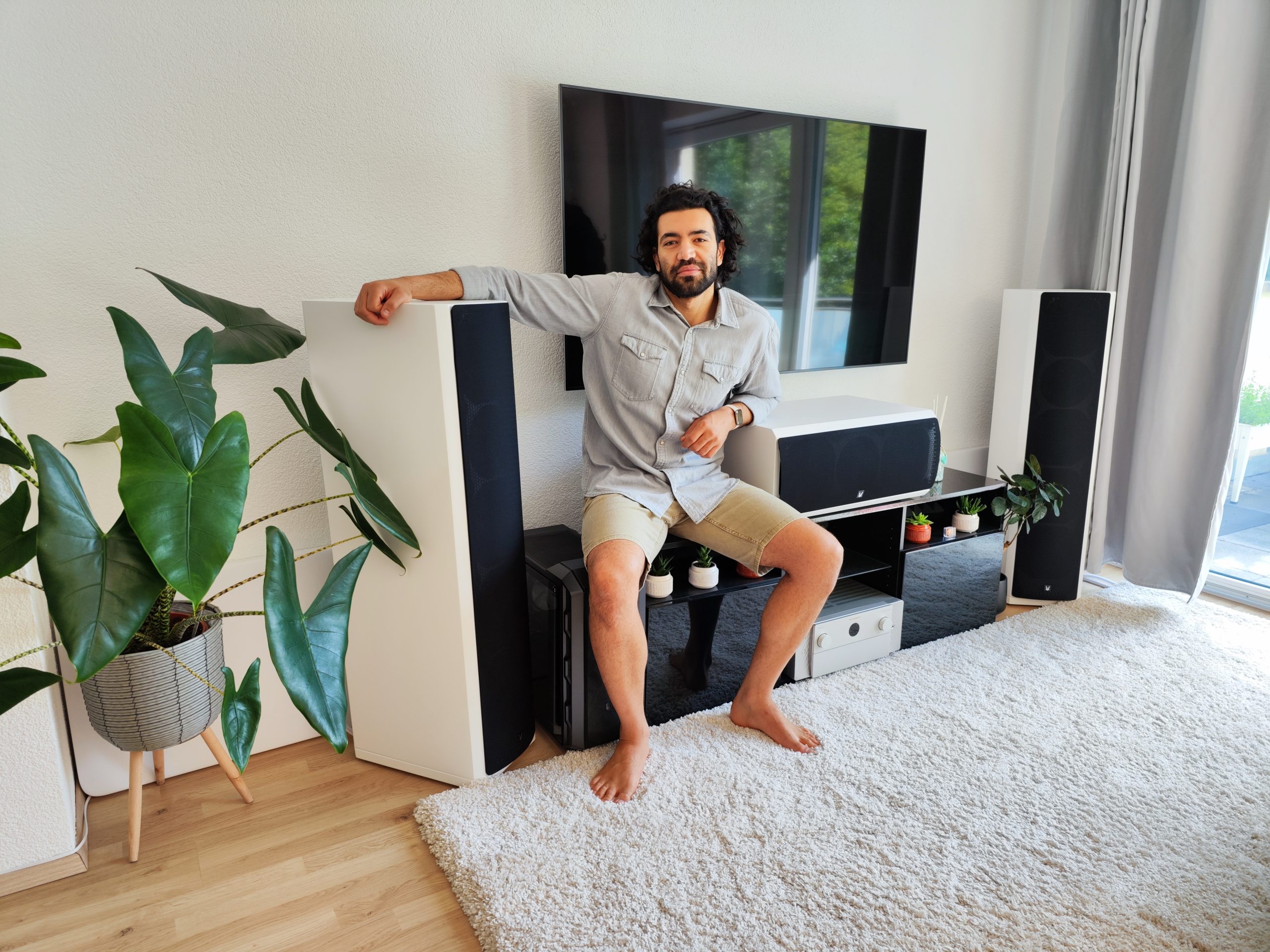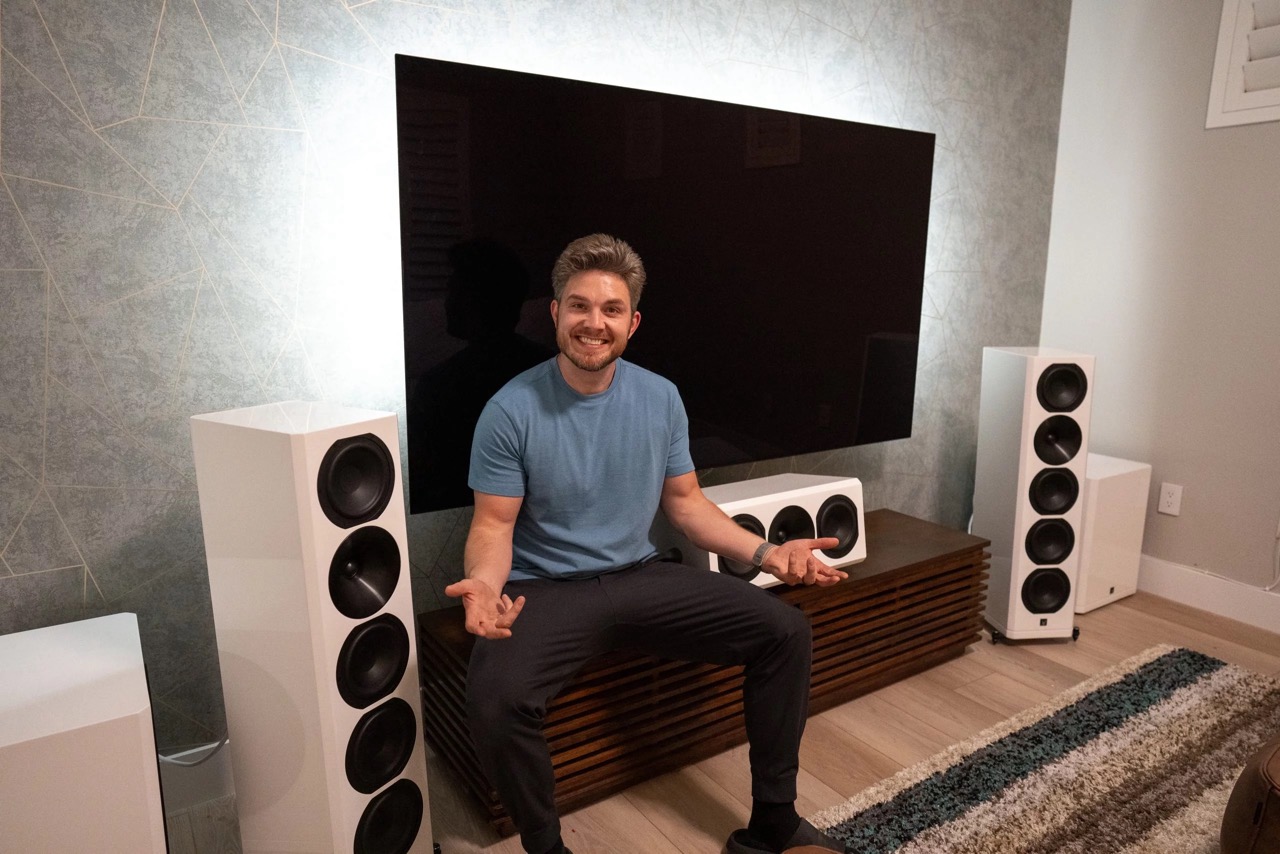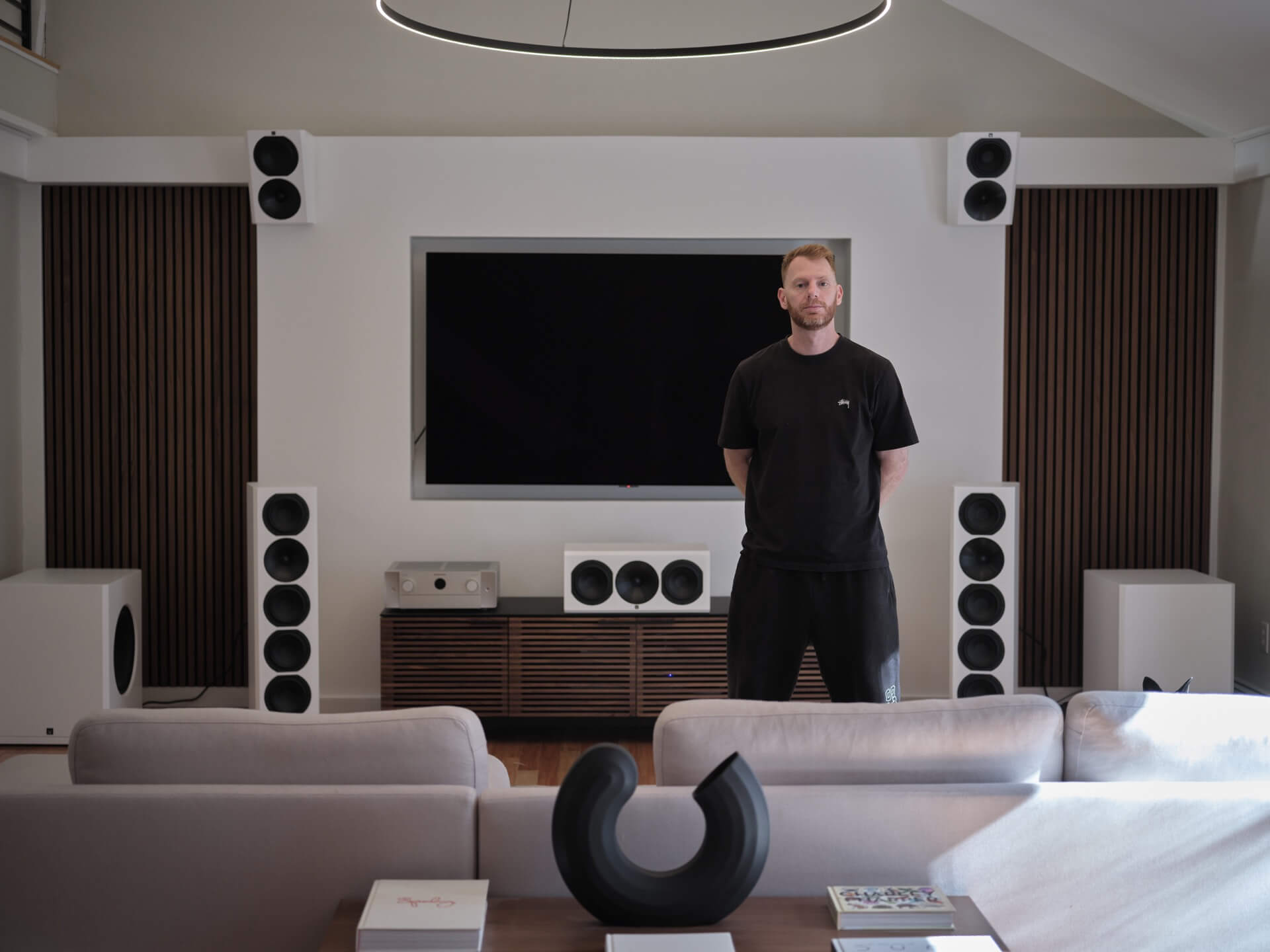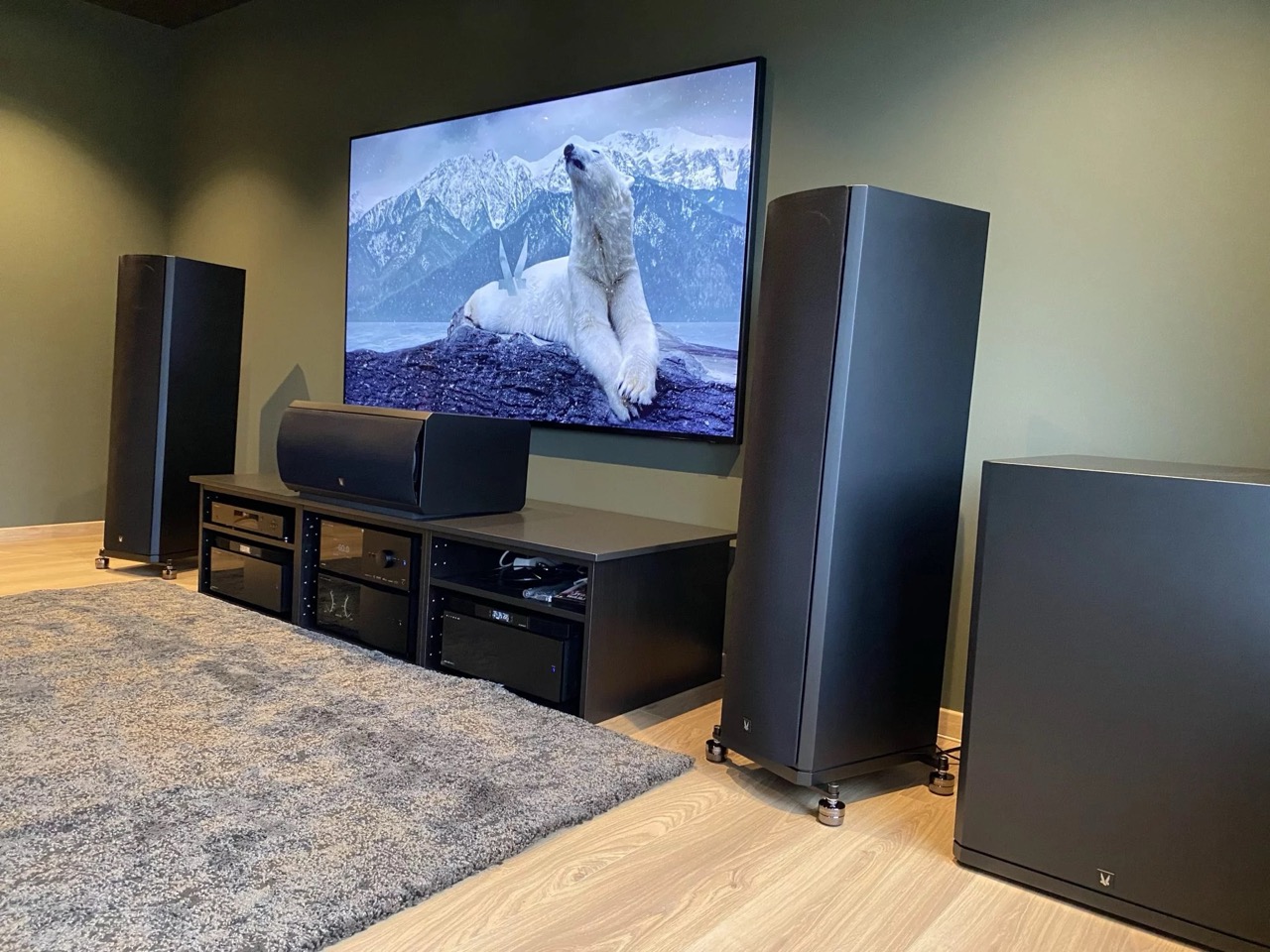Items that Could Introduce Unwanted Noise or Reflections
Article summary - TL;DR
- Optimize your home theater acoustics by addressing unwanted noise from HVAC systems and appliances.
- Utilize soundproofing techniques to block external noise and manage internal reflections.
- Incorporate soft, irregular furniture to help diffuse sound waves effectively.
- Strategically select materials for walls and floors to minimize sound reflections.
- Enhance your audio-visual setup with the 1528 Tower 8 for expansive sound quality.
When crafting your ideal home theater, room acoustics are of utmost importance. Sound quality is influenced not only by your audio system but also by the environment in which the sound is produced. Several common items present in your home cinema can introduce unwanted noise or reflections, degrading the audio experience. In this article, we’ll highlight these factors and provide tips to mitigate their impact for top-notch sound quality.
The Intrusion of Unwanted Noise
Unwanted noise can stem from a variety of sources, with common household appliances being the major culprits. Some of these include:
- HVAC systems: Heating, ventilation, and air conditioning systems can generate noise that interferes with your home theater experience. Soundproofing your theater and installing a quieter HVAC system can solve this issue.
- Appliances: Household appliances like refrigerators, dishwashers, or washing machines can produce noise that penetrates your theater space. It’s best to locate your home theater away from such appliances where possible.
- External Noise: Noise from the outside, like traffic or neighbors can also seep into your home theater. Effective soundproofing techniques can help block out these noises.
Distortions Due to Sound Reflections
Reflections occur when sound waves bounce off surfaces inside your home theater. Certain materials and objects can cause excessive sound reflections, creating echos and distorting the audio output. These items include:
- Hard Flat Surfaces: Hard, flat surfaces like glass, hardwood floors, and concrete walls often reflect sound waves. Consider using sound-absorbing materials on flat surfaces like carpets for floors or acoustic panels for walls and ceilings.
- Furniture: Some furniture items can also cause sound reflections. Soft, irregular shaped furniture can help in diffusing sound waves effectively.
- Mirrors/Windows: Mirrors and windows can cause significant sound reflections. It’s best to keep them to a minimum or use heavy curtains or blinds if necessary.
Effective Solutions
Managing unwanted noise and reflections in your home cinema involves a mix of soundproofing, acoustic treatment, strategic furniture placement and careful room design. Some effective strategies include:
- Soundproofing: Includes techniques such as adding mass, damping, decoupling, and using absorption products.
- Acoustic Treatments: These can help manage sound reflections. Diffusers, absorbers or diffraction devices can be used.
- Furniture Selection and Placement: Soft, irregular furniture placed strategically can assist in sound diffusion, reducing echoes.
- Design Choices: Consider the materials used for walls, floors, and ceilings, and also the location of your home theater in relation to noisy appliances or the external environment.
In conclusion, to achieve perfect acoustics for your home theater, it’s crucial to pay attention to both the visible and invisible elements in your room that could introduce unwanted noise or reflections. By understanding the implications of these items and employing savvy techniques to tackle them, you can create a truly immersive home cinema experience.
Frequently asked questions
How does room acoustics affect my home theater audio?
Room acoustics significantly influence sound quality by affecting how audio waves interact with surfaces and objects in your space.
What common household items introduce unwanted noise in my home theater?
Common sources include HVAC systems, household appliances like refrigerators and dishwashers, and external noise from traffic or neighbors.
How can I reduce noise from HVAC systems in my home theater?
Consider soundproofing your theater and installing a quieter HVAC system to minimize noise interference.
What items can cause sound reflections that distort audio?
Hard flat surfaces, certain types of furniture, mirrors, and windows can all cause sound reflections that distort audio in your home theater.
What are some effective strategies for soundproofing a home theater?
Effective strategies include adding mass, damping, decoupling, and using absorption products to manage unwanted noise.
What types of furniture help reduce sound reflections?
Soft, irregularly shaped furniture can help diffuse sound waves effectively, reducing echoes and improving sound quality.
How can I enhance acoustics using acoustic treatments?
You can use diffusers, absorbers, or diffraction devices to manage sound reflections and improve overall acoustics in your theater.
What design choices should I consider for my home theater?
Consider the materials for walls, floors, and ceilings and ensure the home theater is located away from noisy appliances and external noise sources.
Why is it important to manage unwanted noise and sound reflections?
Managing these elements ensures an immersive and high-quality audio experience, allowing you to fully enjoy your home cinema.








